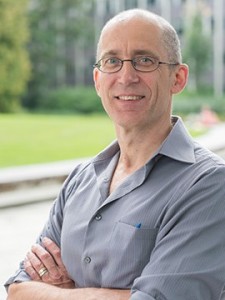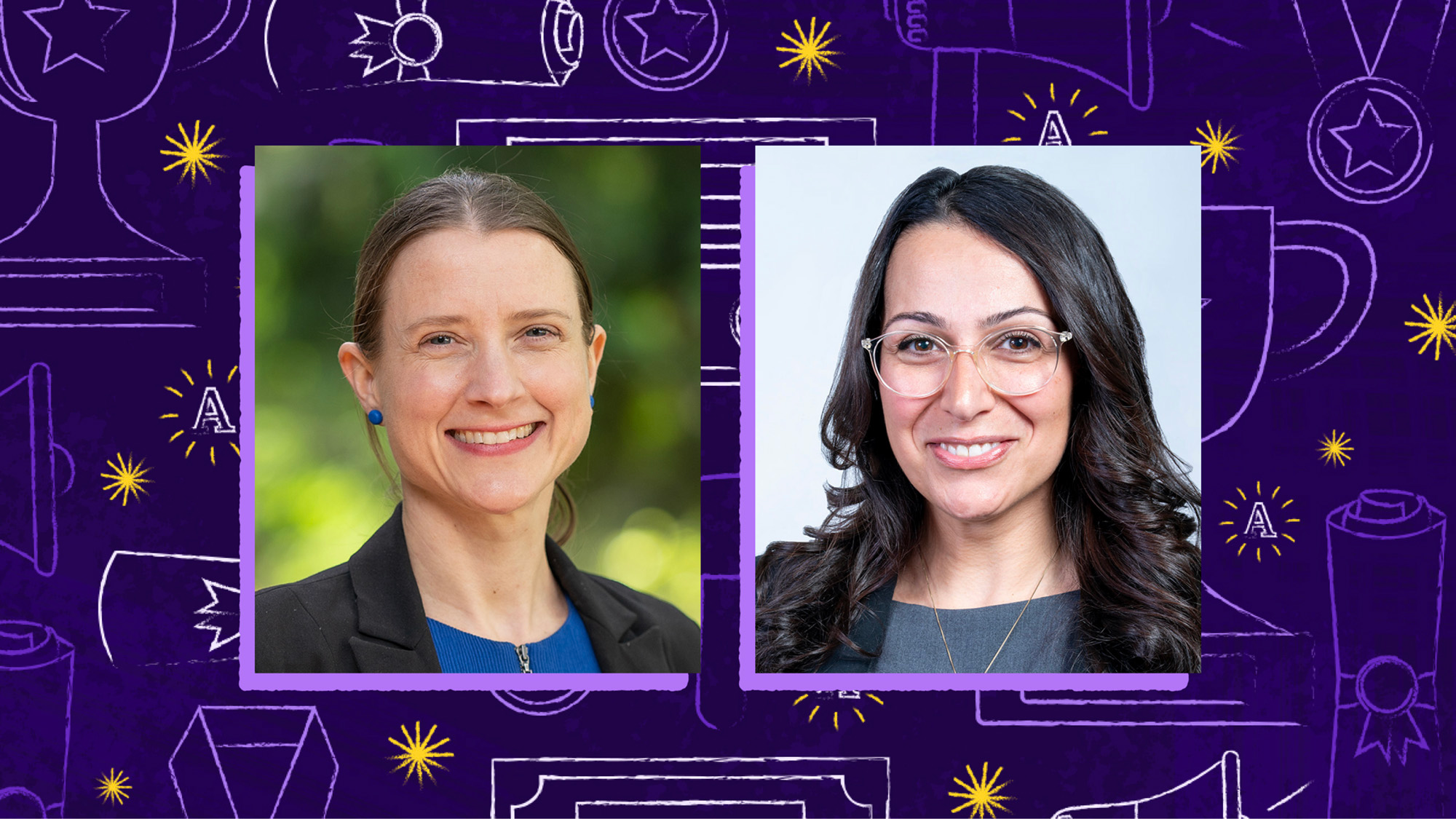By Mary Leong


“Every lecture is a world-class seminar.” “The best course I’ve ever taken.” These are just a few of the accolades Dr. Geoffrey Winthrop-Young has received from students for his course, CENS 303A, “German Representations of the Holocaust”.
“CENS 303A ranks as one of the most depressing courses on campus – I am surprised that students like it,” said Dr. Winthrop-Young, upon hearing some of the students’ feedback. A recipient of the UBC Killam Teaching Prize in 2002, Dr. Winthrop-Young’s teaching style is making an impact among students who have taken his course.
Instead of being taught as a history course, CENS 303A primarily focuses on the representations of the Holocaust in memoirs, documentaries, and survivor reports written close to the end and soon after World War II. Students discuss and explore such topics as the natural taboo against killing, the role of of medical science, German and Japanese war crimes, and the legal processing of the Holocaust.
“On one hand, it is such an obvious topic with a high profile; on the other hand, students come [to the class] with ideas primarily shaped by documentaries on television, which give a very simplistic idea of why and how the events of the Holocaust took place,” said Dr. Winthrop-Young. “One of the greatest challenges in teaching this course is having students ‘un-learn’ this very simplistic understanding that they’ve acquired of the Holocaust.”
Despite the bleak nature of the course, students are drawn to Dr. Winthrop-Young’s teaching style.
“Students always see through professors teaching about something they—the instructors—are not interested in,” he said when asked of his methods. “You can fool people with a lot of things, but you can’t fake interest.”
To keep students constantly engaged, Dr. Winthrop-Young also tries to curtail the period of time lecturing in class, and brings in dialogue.
“Instead of just lecturing for one and a half hours, I try to get students to turn to their neighbours and discuss. Of course, not all students like this, but it is important to put breaks in, especially in a longer class like this.”

